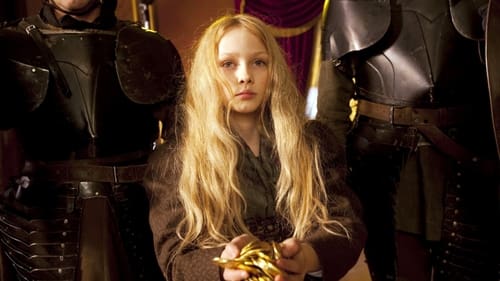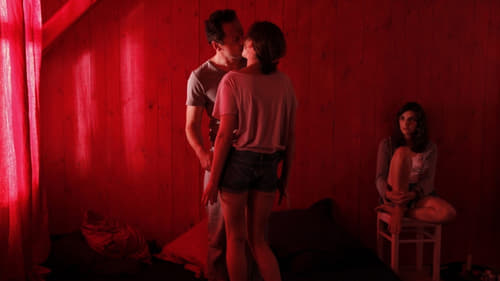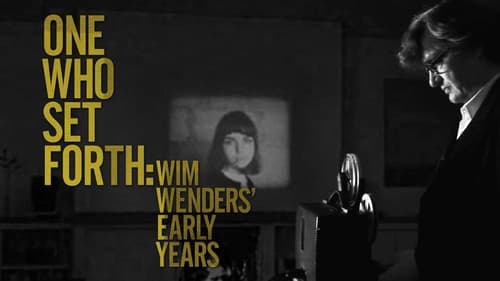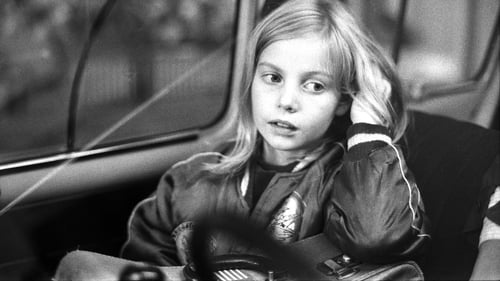Edda Köchl
출생 : 1942-02-28, Vienna, Austria
사망 : 2015-09-12
약력
Edda Köchl-König was an Austrian stage and screen actress and an illustrator. She was married to Wim Wenders 1968-74.
출생 : 1942-02-28, Vienna, Austria
사망 : 2015-09-12






